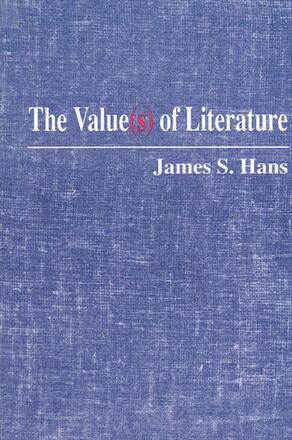
The Value(s) of Literature
Alternative formats available from:
Discusses the ethical aspects of literature.
Description
This book addresses the ethical aspects of literature by discussing three major American poets: Walt Whitman, Wallace Stevens, and A. R. Ammons. It develops a philosophical framework by which an ethics of literature can be construed, and differentiates this view from a purely political criticism on the one hand and a purely "disinterested" criticism on the other. Beginning with Nietzsche's assumption that the world itself is an aesthetic place, Hans shows how an ethic is always inevitably implicit in the aesthetic through which a writer constructs his work. At the same time, he argues that this ethic never tells us how to live our lives; it only presents us with a series of constructs through which we can begin to understand the nature of valuing in the everyday world. The book also examines some of the reasons why academics have resisted the ethical aspects of literature, confronting the two major forces in literary criticism today: political writing (chiefly feminist) and post-structuralist (chiefly deconstructionist) writing.
The Value(s) of Literature goes beyond Nietzsche and Derrida's critique of Nietzsche, which does not seriously approach the need for positive evaluation of the world. It is precisely this positive attempt to weigh the value of things anew to which this book is devoted.
James S. Hans is Professor of English at Wake Forest University.
Reviews
"There are very few books that come along that are written with passion and clarity; that develop an important and coherent larger argument; and that in the process illuminate important texts in new ways. This is one of them. " — Ronald A. Sharp, Kenyon College